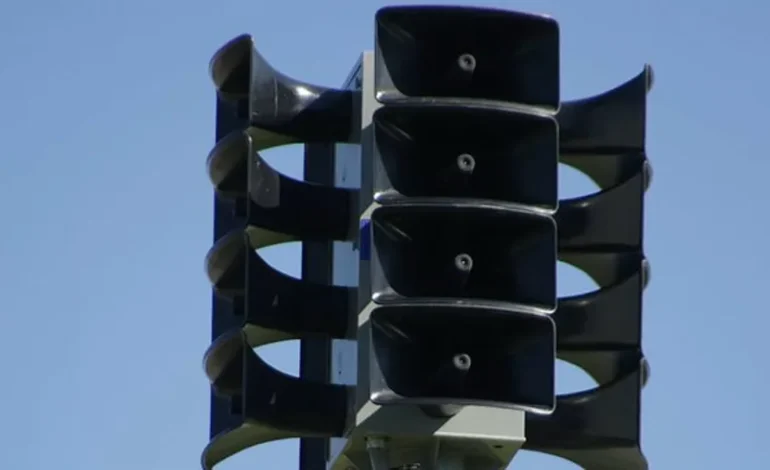LANSING — Governor Whitmer has declared March 17-23 as Michigan’s Severe Weather Awareness Week, and the Michigan State Police, Emergency Management and Homeland Security Division (MSP/EMHSD) is calling on residents to act by participating in a voluntary statewide tornado drill at 1 p.m. on Wednesday, March 20.
“Last August, seven tornadoes touched down in Michigan in just one day,” said Capt. Kevin Sweeney, deputy state director of Emergency Management and commander of the MSP/EMHSD, in a press release. “The tornadoes caused millions of dollars in damage and unfortunately, two people lost their lives. As recovery efforts are still underway, it serves as an important reminder to take steps now to prepare and create a plan to protect your family, your home and your pets.”
According to The National Weather Service, the state of Michigan averages 15 tornadoes each year.
“The voluntary statewide tornado drill gives people a chance to make a plan and put it to the test, so we are all better prepared when a disaster strikes,” Sweeney said.
Businesses, organizations, families and individuals are encouraged to engage in this statewide preparedness activity, but are not required to do so. During the tornado drill, residents may observe or hear alerts on TV and radio stations, as well as outdoor sirens in their community if the local emergency management agency is participating. Contact your local emergency management agency to learn how local alerts are administrated in your community and if your community is participating.
The average lead time for tornadoes to develop is 10 to 15 minutes, which means everyone needs to be ready to react quickly when a warning is issued.
To be ready for a tornado:
• Know the difference: a tornado WATCH means conditions exist for a tornado to develop; tornado WARNING means a tornado has been sighted or indicated by weather radar.
• Know the signs of an approaching tornado: dark, often greenish sky; large hail; a large, dark low-lying cloud; and a loud roar, like a freight train.
• Stay tuned to commercial radio or television broadcasts for news on changing weather conditions or approaching storms.
•Develop an emergency preparedness kit with essential items such as a three-day water and food supply, a NOAA Weather Radio, important family documents, and items that satisfy unique family needs.
• Identify a safe place in your home for household members and pets to gather during a tornado.
• Make sure everyone understands the tornado warning system in your area.
• Engage with your local emergency manager to find out if they are participating.
For more information about being safe before, during, and after a tornado, follow the MSP/EMHSD on Twitter at @MichEMHS or go to www.michigan.gov/miready.
The Michigan State Police, Emergency Management and Homeland Security Division is responsible for coordinating state and federal resources to assist local government in response and relief activities in the event of an emergency or disaster, as well as coordinating homeland security initiatives and various federal grants.






Leave a Reply